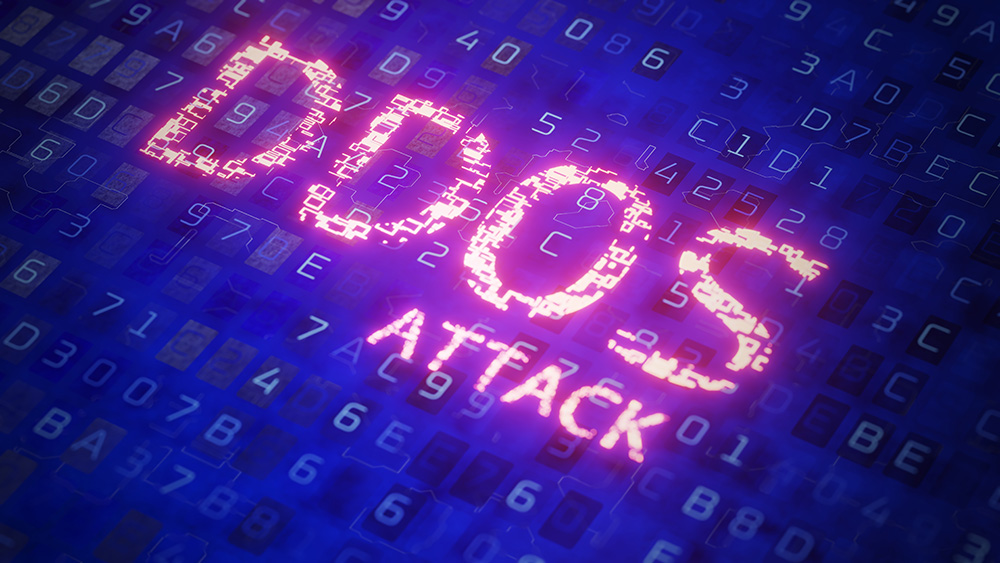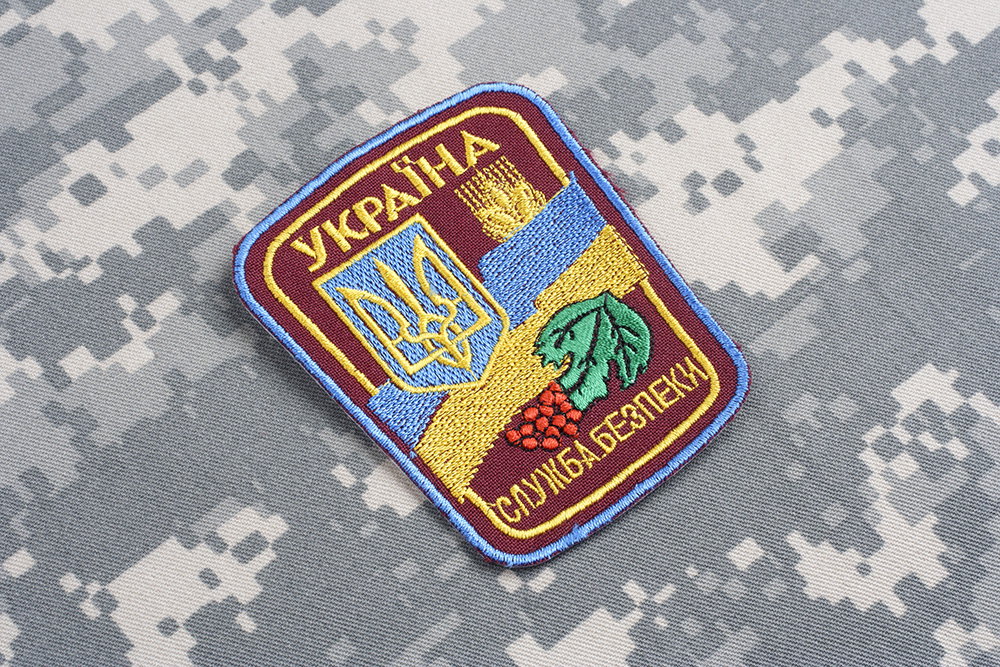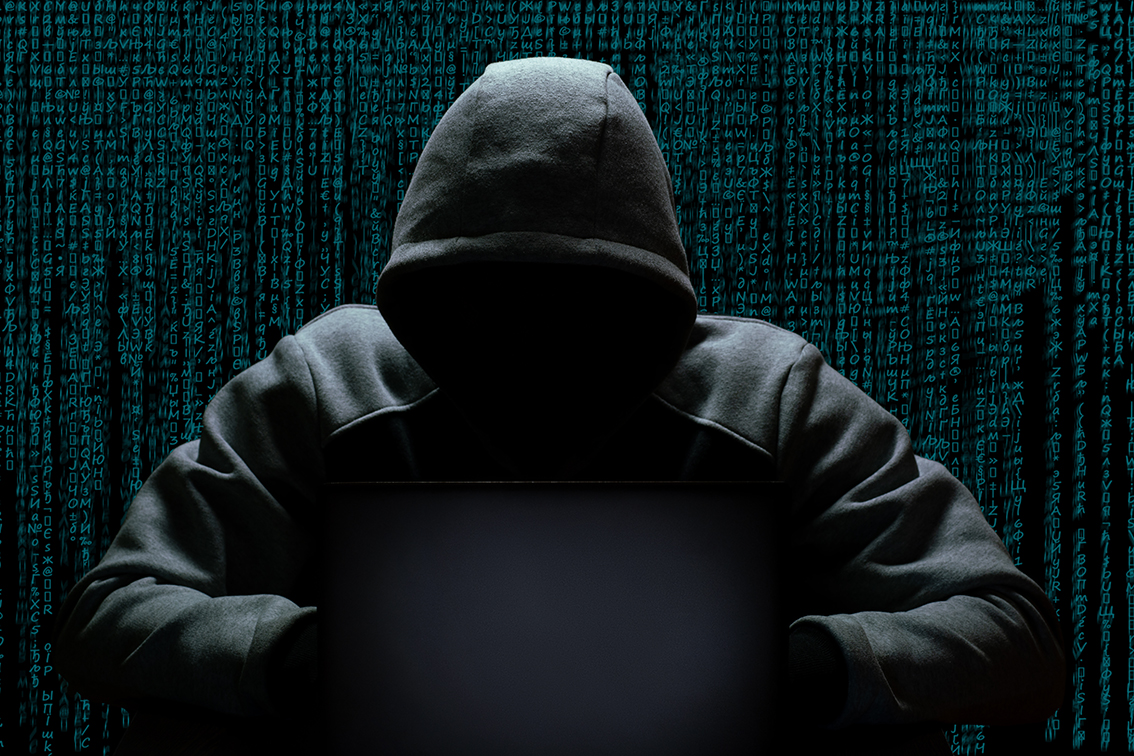Cybersécurité dans l'espace: comment Thales relève les défis à venir
Europe News

Ukrainian IT Army Hijacked by Info-stealing Malware
Security researchers are urging pro-Ukrainian actors to be wary of downloading DDoS tools to attack Russia, as they may be booby-trapped with info-stealing malware. In late February, Ukrainian vice prime minister, Mykhailo Fedorov, called for a volunteer “IT army” of hackers to DDoS Russian targets. However, Cisco Talos claimed that opportunistic cyber-criminals are looking to exploit the subsequent widespread outpouring of support for the Eastern European nation. Specifically, it detected posts on Telegram offering DDoS tools which were actually loaded with malware. One such tool, dubbed “Liberator,” is offered by a group calling itself “disBalancer.” Although legitimate, it has been spoofed by others, said Cisco. Read more about it here.

Cyberattack on state organizations of Ukraine using malicious programs Cobalt Strike Beacon, GrimPlant and GraphSteel (CERT-UA # 4145)
The Governmental Computer Emergency Response Team of Ukraine CERT-UA received a notification from the coordinating entities about the mass distribution of e-mails on behalf of the state bodies of Ukraine with instructions on how to increase the level of information security. The body of the letter contains a link to the website hxxps: // forkscenter [.] Fr /, from which it is proposed to download "critical updates" in the form of a file "BitdefenderWindowsUpdatePackage.exe" of about 60 MB. Read more about it here.
Russian State-Sponsored Cyber Actors Gain Network Access by Exploiting Default Multifactor Authentication Protocols and “PrintNightmare” Vulnerability
The Federal Bureau of Investigation (FBI) and Cybersecurity and Infrastructure Security Agency (CISA) are releasing this joint Cybersecurity Advisory (CSA) to warn organizations that Russian state-sponsored cyber actors have gained network access through exploitation of default MFA protocols and a known vulnerability. Read more about it here.
Ukraine calls on hacker underground to defend gainst Russia
Feb 24 - The government of Ukraine is asking for volunteers from the country's hacker underground to help protect critical infrastructure and conduct cyber spying missions against Russian troops, according two people involved in the project. As Russian forces attacked cities across Ukraine, requests for volunteers began to appear on hacker forums on Thursday morning, as many residents fled the capital Kyiv. Read more about it here.

France opens new business campus to tackle cyberattacks
France is grouping the country's top cybersecurity experts in Paris' business district of La Defense, bringing together startups and household names to tackle the scourge of hacking, Finance Minister Bruno Le Maire said on Tuesday. The project has drawn inspiration from a similar set up in Israel, CyberSpark, which has served as a model for Michel Van Den Berghe, the head of France's Campus Cyber. The campus will be a base for cyber startups and experts from some of country's biggest listed companies such as LVMH, L'Oreal and largest banks. Read more about it here.

Satellite cyberattack paralyzes 11GW of German wind turbines
German wind turbine operators have reportedly been confronted with a fault in the satellite connection of their systems. Dominik Bertrams, MD of wind farm operator Tobi Windenergie Verwaltungs GmbH, yesterday announced on Twitter the remote monitoring and control of thousands of wind turbines had failed. With the outage having occurred between 5 a.m. and 6 a.m. on Thursday – when the Russian army invaded Ukraine – Bertrams suspected a cyberattack by Russian hackers. The reason for the failure has not yet been clarified. Read more about it here.

Russia or Ukraine: Hacking groups take sides
Russia’s invasion of Ukraine has taken place both on and offline, blending physical devastation with escalating digital warfare. Ransomware gangs and other hacking groups have taken to social media to announce where their allegiances lie. Many of the pronouncements from these groups include threats against critical government infrastructure. Some collectives are state-sponsored while others are decentralized — but all are able to take down computer systems and breach organizations. Read more about it here.

BlackCat (ALPHV) claims Swissport ransomware attack, leaks data
The BlackCat ransomware group, aka ALPHV, has claimed responsibility for the recent cyberattack on Swissport that caused flight delays and service disruptions. The €3 billion revenue firm, Swissport, has a presence across 310 airports in 50 countries and provides cargo handling, maintenance, cleaning, and lounge hospitality services. Tuesday, BlackCat (ALPHV) ransomware group posted a small set of sample files that the group claims to have obtained from Swissport. The threat actor has announced they are willing to sell the entire 1.6 TB "data dump" to a prospective buyer. Read more about it here.

Ukraine’s volunteer ‘IT Army’ is hacking in uncharted territory
Vladimir Putin’s attack on Ukraine has been met with fierce resistance throughout the country’s towns and cities. As Russian forces have moved closer to Kyiv, lawyers, students, and actors have taken up arms to defend their country from invasion. They are not the only ones: Volunteers have also flocked to join a Ukrainian volunteer “IT Army” that’s fighting back online. At around 9 pm local time on February 26, Ukraine’s deputy prime minister and minister for digital transformation, Mykhailo Fedorov, announced the creation of the volunteer cyber army. Read more about it here.
Ukraine: Military defence agencies and banks hit by cyberattacks
The Ministry of Defense and the Armed Forces of Ukraine and state-owned banks, Privatbank (Ukraine’s largest bank) and Oschadbank were hit by Distributed Denial-of-Service (DDoS) attacks. While the website of the Oschadbank bank initially remained accessible, the customers were not able to access their online banking accounts. At the time of this writing, the website of the financial institution is not reachable. Read more about it here.